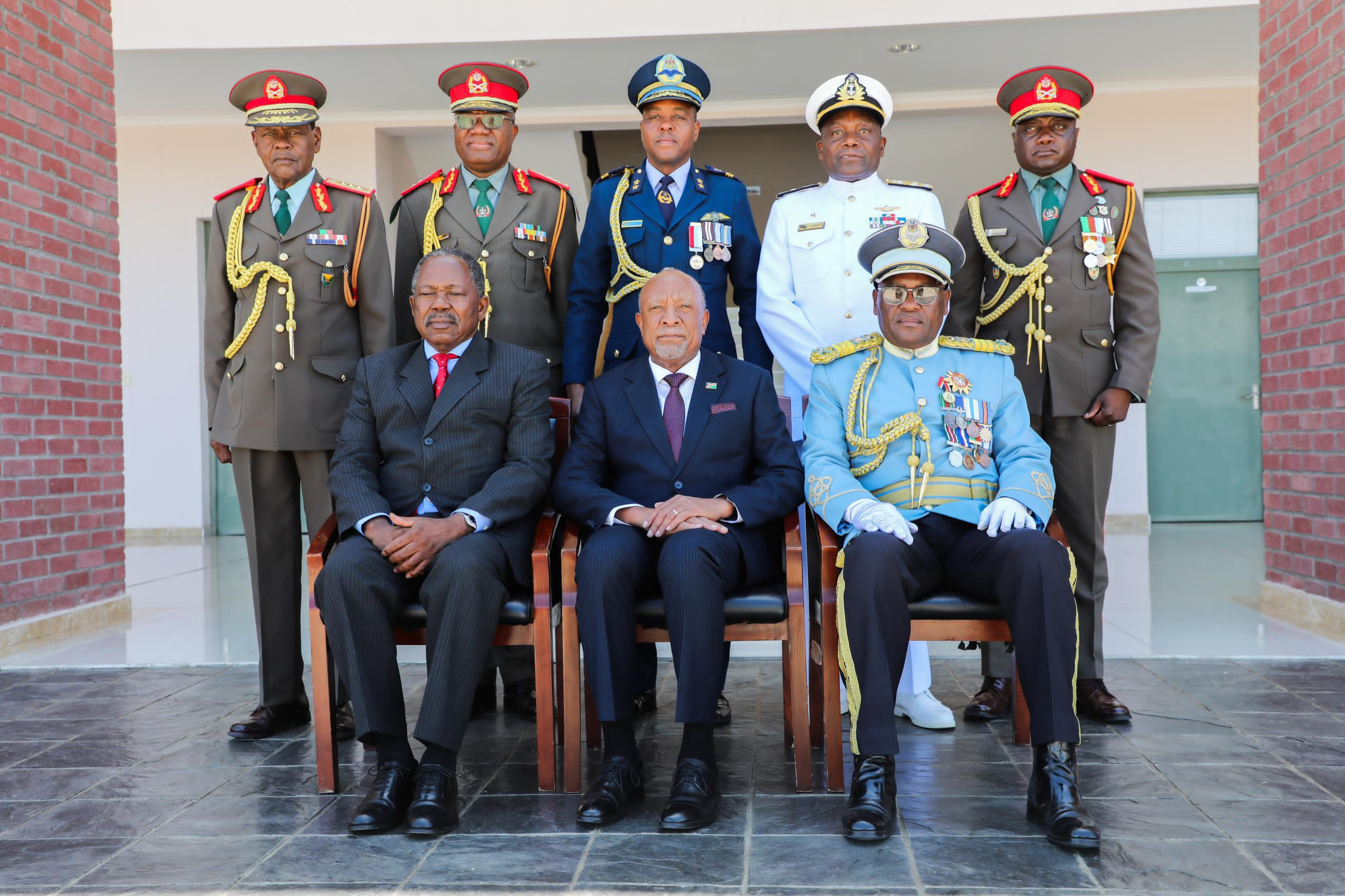So, this week we will dissect the gift Michael Amushelelo has given Namibian voters by saying his move from the Namibia Economic Freedom Fighters to the Landless People’s Movement was part of a grand plan.
Was this tactical genius or just a desperate attempt to save face? I will try to imagine what undoubtedly will be referred to as the ‘Amushelelo Manoeuvre’ as a clever political theatre trick, if it is true.
For entertainment purposes though, we will also look at the questionable ‘Retrospective Manoeuvre’, where failed attempts are cleverly rebranded as strategic masterstrokes.
Satire or not, let’s get in.
The Amushelelo Manoeuvre
The Amushelelo Manoeuvre is defined as a strategic move in which an individual pretends to break away from their original gang to temporarily side with the opposing gang. This tactic is meant to ease pressure and divert attention from the individual’s true allegiance. Once the beneficiary crew has navigated a major hurdle, like being deregistered as a political party, the individual returns to their original loyalty.
This manoeuvre works on the principle of misdirection by creating a buffer zone for the original gang to recover or reassess their position without external interference. This is similar to old political tricks like false-flag operations, where temporary deception is used to achieve long-term goals.
Ethically speaking, the Amushelelo Manoeuvre raises questions of trust and manipulation, taking advantage of the opponent’s weaknesses for the benefit of the original side. You see, in situations where a specific player is seen as the greatest threat to, let’s say, the ruling party, that player’s political party would become the target, leaving the politician with only one option: to lie low and play dead.
The Retrospective Manoeuvre
The Retrospective Manoeuvre offers a whole different perspective on political survival and is a masterpiece in redefining failure as genius. A person might, for instance, defect to a different political party in the hopes of becoming a celebrity, only to fail miserably. But instead of admitting defeat, the individual returns to their original party and says, “I didn’t fail. I was just pretending to fail to advance our cause!”.
Usually, the attempted defection is dismissed as a mere step in a clever covert operation, especially if it results in losses and a damaged reputation. This manoeuvre relies heavily on revisionism as the individual spins their failures into parts of a bigger, hidden master plan.
Interestingly, the Retrospective Manoeuvre doesn’t require great belief in its authenticity. It just needs to create enough doubt among the critics to muddy the waters of judgement. By the time confusion sets in, the person would have returned to the original group, either as a hero or as someone too smart to be completely written off. Through this subtle rewriting of the story, what was previously an obvious failure is now seen as a brilliant move, in hindsight.
Analysis and Conclusion
Seen through the optical prism of political strategies, the Amushelelo Manoeuvre is merely a combination of old-school deception and new-school spin. It’s like a false-flag operation where entities hide their true allegiances to influence the outcome. In this case, the defection is not a change of loyalty but a tactical feint – to deceive the opponent into lowering their guard while the original gang regains strength.
But the brilliance here isn’t in the execution, but in the audacity of claiming it was intentional, just like the retrospective genius claimed in the Retrospective Manoeuvre. This theory relies on revisionist glory, turning massive failure into a clever ruse.
Both manoeuvres push the limits of tactical brilliance and political survival; they don’t rely on actual wins but on the manipulation of perception to turn an embarrassing situation into a calculated victory.
In the end, the Amushelelo Manoeuvre and its retrospective cousin are a clear reminder that in politics, reality is always less important than perception.
Success is also not always defined by actual achievements, but by the ability to spin a narrative that turns failure into strategic foresight. Whether deliberate or improvised, these manoeuvres blur the line between strategy and survival and prove that in the theatre of politics it’s not what happens that matters most; it’s how you spin the yarn.
And that, my dear readers, is the faecal matter that was fed to Namibian voters recently.
Stay informed with The Namibian – your source for credible journalism. Get in-depth reporting and opinions for
only N$85 a month. Invest in journalism, invest in democracy –
Subscribe Now!






